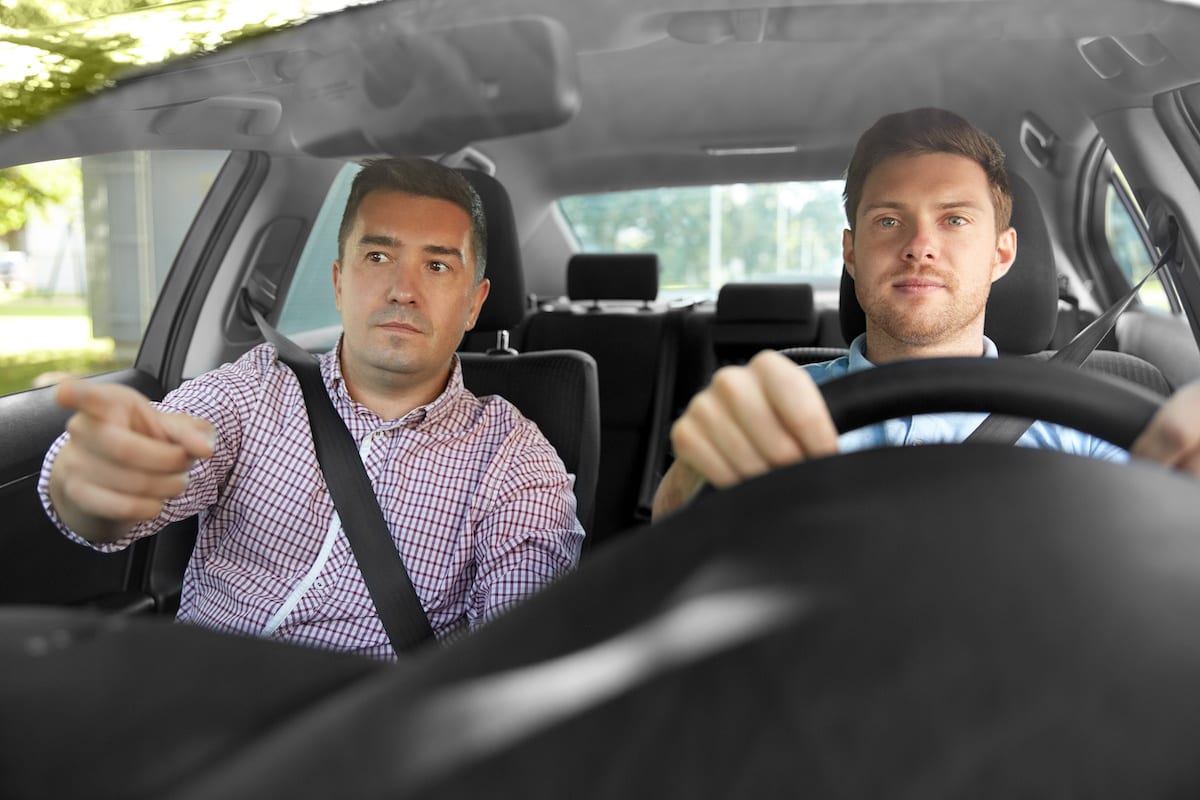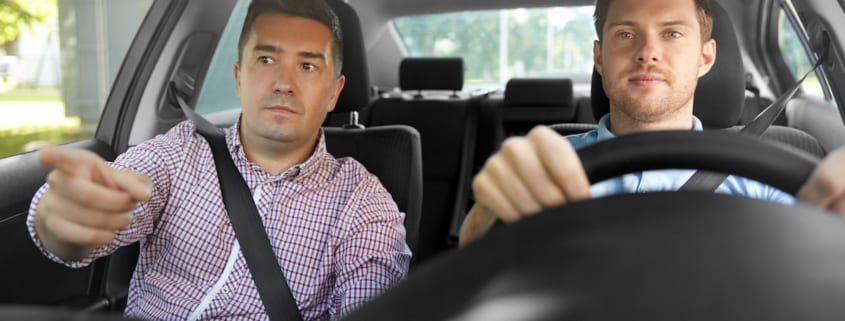Driving Without Insurance – What Happens if You Get Caught?

The penalties for driving without auto insurance vary from state to state, but they’re all serious. And they’re often expensive.
Today we’ll cover the results of getting caught driving without insurance. From the most straightforward issues like getting a ticket, to cascading effects on your future car insurance premiums and car payments, and even jail time for repeat offenders.
We’ll also discuss what could happen to you, financially, if you were to be in an accident (they happen) without insurance and cover the liability concerns. Finally, we’ll look briefly at self-insurance in those states where it is legal.
I Got Caught Driving Without Insurance. What Happens Next?
If this was your first time driving without insurance, at minimum, you received a citation (a ticket) from law enforcement. Depending on your state, the fine could be a few hundred dollars.
You have two options:
- Pay the fine and buy some auto insurance right away.
- Or go speak to a judge and persuade him or her this was a misunderstanding and beg their forgiveness.
Mistakes happen, and judges understand that.
Say, for instance, your auto insurance premium is usually withdrawn from your checking account. But you canceled that bank account due to identity theft. The insurance company was attempting to pull the funds from a dead account, so you accidentally became uninsured. If you immediately reinstate your auto insurance policy, and bring all these documents to court, you might avoid the fines.
However, auto insurance companies usually provide a 30-day grace period and try to contact customers numerous times before they cancel a policy for non-payment. Judges know this, too. So, you might still need to pay that fine.
And, depending on your driving history, insurance history, and the state in which you live, you might face some other consequences.
Other Problems Arise from Driving Without Insurance
Increasing Insurance Premiums
Auto insurance providers group their clients into risk groups based on many factors.
These include:
- Age
- Gender
- Driving history
- Claims history
- DUI / DWI / DWAI in Colorado
In many states, they can use your credit report as well! All this information is used to place you in a risk group with similar drivers. In this way, the best drivers pay lower premiums, and the most dangerous drivers pay more.
When you are driving without insurance, you are taking a huge financial risk. That’s something insurance companies DO NOT LIKE. They have a term for behaving without respect for yourself or others and everyone’s property, it’s called a “moral hazard.”
Know that insurers maintain meticulous records, and share them, about your driving and insurance history. If you become a moral hazard, they will raise your rates now and you may find yourself paying more later for other types of insurance.
Again, errors do happen. A single insurance cancellation isn’t the end of the world! But for repeat offenders, the costs will add up. And there may be paperwork headaches in your future.
Auto Registration Issues
We live in a miraculous era of technology. This makes it easy for insurers, law enforcement, and state DMVs to communicate.
In some states, like California, your auto insurance provider will notify the Department of Motor Vehicles (DMV) when you become uninsured.
- This can create problems with a vehicle’s registration and license plates.
- You won’t be able to sell a vehicle unless it’s properly tagged, which usually means it needs to be insured.
- The exception would be a vehicle that’s “non-opped” or registered as non-operational.
Usually, you only need to buy some insurance and provide the policy information to the DMV to have the registration cleared.
Lienholder Issues & Increased Loan Payments
If you’re making a car payment to a bank or credit union, they expect you to maintain car insurance.
That’s because the vehicle is collateral on the auto loan, and if you miss a payment, the vehicle will be repossessed by the bank. It also means that should your car or truck be stolen, the insurance company will pay back most of the auto loan.
Thus, the lienholder is protected through your auto insurance.
- When your auto insurance is cancelled, the insurer will notify the lienholder.
- Then, to protect themselves against the loss of a stolen vehicle, the lienholder will purchase insurance on the vehicle.
- This additional cost will be added to your car payment, either as a higher payment or more months of debt.
- But that insurance only protects the bank against loss.
- It does not cover your liability in an accident.
This leads nicely into our next topic, liability.
Liability – the Financial Risks of Driving Without Insurance
While safety features have come a long way, modern vehicles are fast, heavy, expensive and potentially dangerous.
For instance:
- In 2019 there were 33,244 fatal accidents in the US, which caused a total of 36,096 deaths.
- Three million Americans are injured in an accident every year.
- And 72% of all car accidents lead to property damage.
If you’re driving without insurance, you’re assuming the risk of paying for any damage you cause.
Think about it, the most popular car in the US in 2020 was the Toyota Camry. Base models start at $25,000, but these cars could be worth close to $40,000 with all the bells and whistles. If you accidentally pull in front of someone’s new Camry, you’ll be on the hook for that $40 grand, plus any injuries sustained by the family inside.
Car accidents can cost hundreds of thousands of dollars. That’s why it’s a moral hazard to be driving without insurance.
Now there is one last point to be made about self-insurance. It’s like the menu at a fancy restaurant, if you need to ask about it, you can’t afford it.
Self-Insurance: For Richie Rich
You’ve heard the old saying “the rich get richer.” It works that way in auto insurance as well. In some states, individuals can put a significant cash deposit – think $30,000 to $50,000 – in a bond and drive legally without traditional auto insurance. If you total someone’s Camry, that cash will cover it. But you’ll still be liable for any other damage or injuries, so hopefully you have that kind of cash on hand.
You’ll need to furnish some paperwork to the DMV to self-insure, but we’re sure your personal butler will go stand in line at the DMV for you.
All jokes aside, self-insurance can be the right choice for farm families, construction contractors and other small business owners. It’s not an option for the rest of us. When we get caught driving without insurance, we need to pay our fine and buy some new insurance ASAP.

 EINSURANCE
EINSURANCE EINSURANCE
EINSURANCE EINSURANCE
EINSURANCE